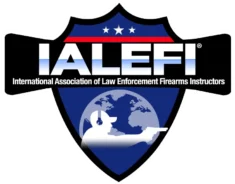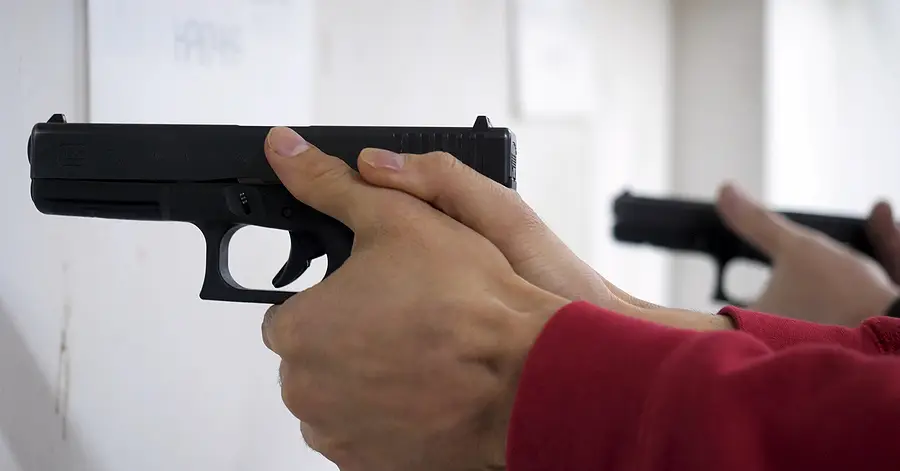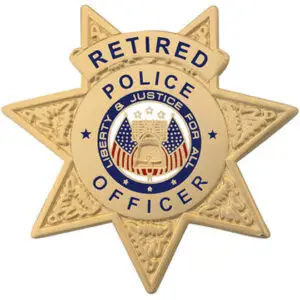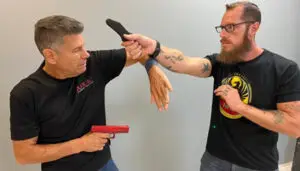When I reflect on my journey as a firearms instructor, one word stands out: humility. I learned this lesson the hard way over the years, and I’d like to share my experiences on the distinction between being a qualified instructor and merely holding a certification.
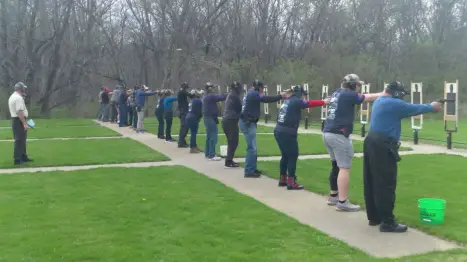
In 1977, I proudly achieved my defensive tactics instructor certification and began teaching without any formal apprenticeship. Little did I know that this path would be a challenging endeavor. I quickly realized that certification alone wasn’t enough to handle the complexities of instructing, especially when dealing with the varying egos and backgrounds of my students. It became evident that I lacked the real-world experience necessary to excel in this role.
My perspective shifted the following year when I had the privilege of attending a training conference hosted by the United States Karate Association – Law Enforcement Liaison Division, organized by Mr. Kevin Parsons, in Cincinnati, Ohio. This event introduced me to a cadre of experienced professional instructors who willingly shared their problems, successes, and teaching skills. It was a humbling experience. I discovered just how much I didn’t know, despite holding a certification.
In 1978, my police career officially began, and my agency recognized my enthusiasm for instructing. However, I stumbled along the way due to my lack of experience. Facing this challenge, I reached out to the experienced professionals I had met at the conference. In return, I received an abundance of valuable information and assistance. Many of us forged strong friendships through our countless conversations.
In 1986, I attended an NRA Law Enforcement firearms instructor course, earning my instructor certification. My agency assigned me to assist with firearms qualifications and in-service training. I was the novice among seasoned range officers who could confidently address any firearms-related query. This apprenticeship among experienced colleagues made my transition into this new field more manageable. I also continued to attend firearms-related conferences, such as the International Association of Law Enforcement Firearms Instructors (IALEFI) and the International Law Enforcement Educators Trainers Association (ILEETA). To this day, I attend these conferences, always leaving with a wealth of knowledge to enhance my future presentations.
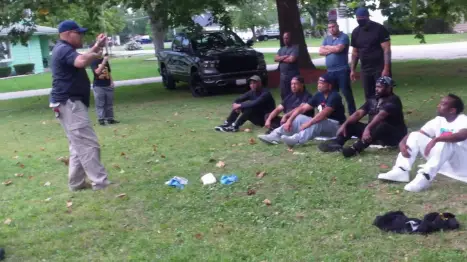
The central point I want to emphasize is that, in the current landscape of concealed carry in Illinois, individuals can complete a 16-hour civilian firearms instructor course offered by organizations like the National Rifle Association or the United States Concealed Carry Association. While this certification provides the minimum requirements, it often falls short in terms of experience and real-world application. Many certified instructors may have never drawn a firearm in defense of themselves or others, nor have they had to articulate their actions in a court of law. Some have never even attended traffic court. Furthermore, certain instructors possess egos that hinder them from learning from others who have more experience. Many rely heavily on social media for information instead of seeking specialized or advanced training opportunities.
In conversations within our community, I’ve encountered resistance when addressing the differentiation between being certified and being qualified to teach defensive tactics or firearms for self-defense. This pushback usually stems from those who may lack experience or additional training. I firmly believe in the wisdom of Richard Henry Dana’s quote: “He who dares to teach must never cease to learn.”
It’s crucial to recognize the potential pitfalls of having an instructor who lacks the necessary background to effectively present a topic. Being challenged by your students can be a challenging and even disastrous experience if you’re not adequately prepared.
In conclusion, the journey from certification to qualification is a crucial one for instructors. While certifications are important milestones, true competence comes from continuous learning, real-world experience, and the humility to acknowledge that we all have more to learn in this ever-evolving field.
